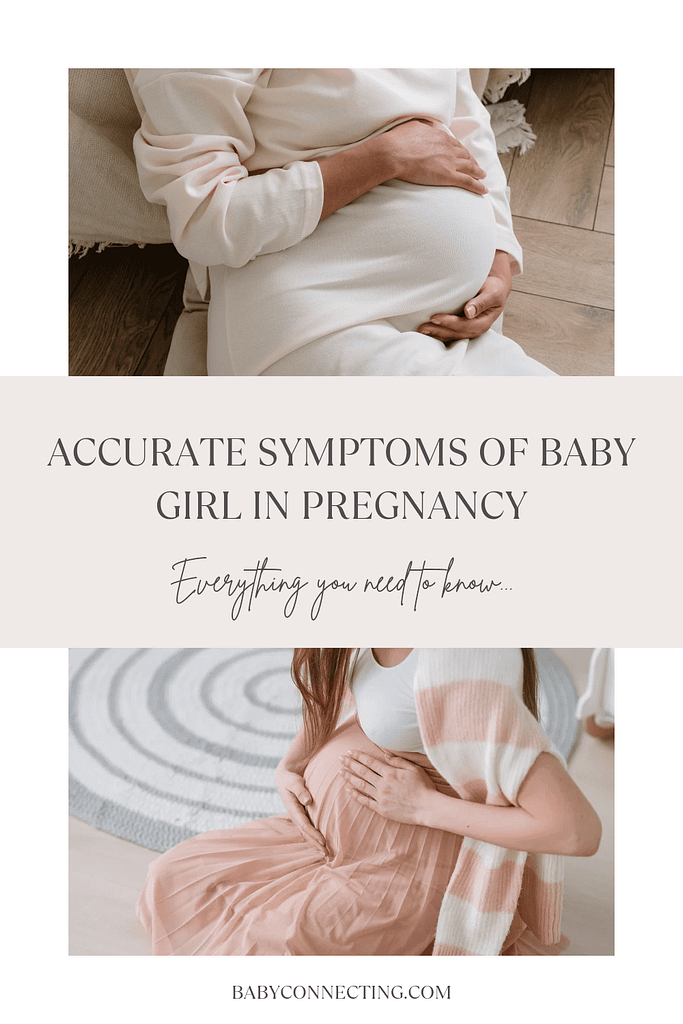Yes, it is possible to get pregnant immediately after your period, although the chances are generally low. Here’s a detailed explanation of how this works and what factors to consider:
1. Understanding the Menstrual Cycle
The menstrual cycle typically lasts about 28 days, but it can range from 21 to 35 days in adults. It has several phases:
Menstrual Phase: This is when you have your period, lasting about 3 to 7 days.
Follicular Phase: After menstruation, the body begins preparing for ovulation. The follicles in the ovaries mature, and one will eventually release an egg. This phase can vary in length.
Ovulation: This is when the mature egg is released from the ovary, typically occurring around the midpoint of the cycle (around day 14 in a 28-day cycle).
Luteal Phase: After ovulation, if the egg is not fertilized, the body prepares for menstruation again, leading to the start of a new cycle.
2. Timing of Ovulation
Ovulation usually occurs about 12 to 16 days before the start of your next period. If you have a regular cycle, ovulation is more predictable. However, cycles can vary in length, and ovulation can sometimes occur earlier or later than expected.
3. Fertile Window
The fertile window refers to the days in your cycle when you are most likely to conceive. This window typically spans about six days: five days leading up to ovulation and the day of ovulation itself. Sperm can live inside the female reproductive tract for up to five days, which means if you have unprotected sex shortly after your period, the sperm may still be viable when you ovulate.
4. Cycle Variability
For women with shorter menstrual cycles (e.g., 21-24 days), ovulation can occur soon after the end of their period. In such cases, having sex just after menstruation could result in pregnancy.
For example:
If your cycle is 24 days long and you ovulate around day 10, and your period lasts for 5 days, you could potentially conceive if you have sex on day 6 or 7 after your period.
5. Irregular Cycles
For women with irregular cycles, predicting ovulation can be even more challenging. Some may experience unexpected early ovulation, increasing the chances of conceiving shortly after menstruation. Keeping track of your menstrual cycle can help you understand your unique patterns better.
6. Using Ovulation Prediction Tools
To better understand your cycle and identify your ovulation days, you can use tools such as:
Ovulation predictor kits (OPKs): These test hormone levels in your urine to predict when you will ovulate.
Basal body temperature (BBT) tracking: Measuring your temperature each morning can help identify when ovulation has occurred.
Menstrual tracking apps: Many apps allow you to log your cycle and predict fertile windows based on past cycles.
7. Conclusion
While the likelihood of getting pregnant immediately after your period is generally lower than during your peak fertile days, it is still possible, especially if you have a shorter cycle or irregular cycles. If you’re trying to conceive, understanding your cycle and monitoring ovulation can help maximize your chances. Conversely, if you’re looking to avoid pregnancy, using contraception consistently is essential, regardless of where you are in your cycle.
If you have any more questions or need further clarification, feel free to ask!

